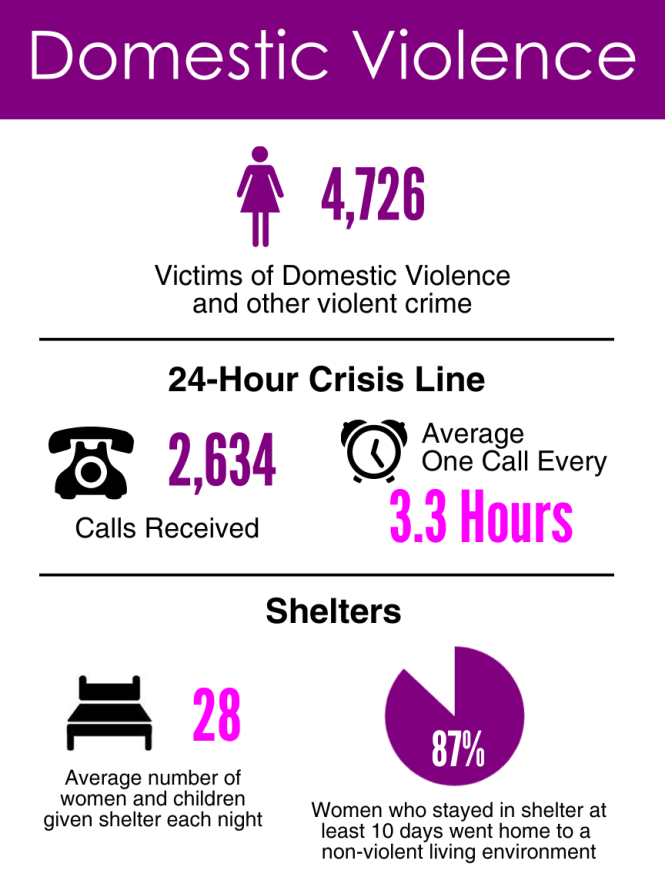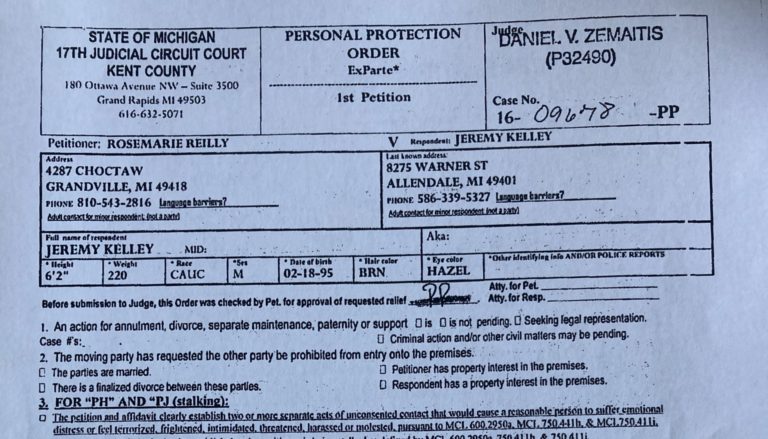

Domestic violence records can significantly impact a person’s life, affecting everything from future relationships to employment opportunities. Understanding how these records are handled and what steps can be taken to address the situation is crucial. This article explores the complexities of domestic violence records, offering guidance and practical solutions for victims and those seeking to understand the legal implications.
Legal Implications of Domestic Violence Records
Understanding the Impact of a Criminal Record
Domestic violence cases often involve legal processes, and the outcomes can affect records in various ways. Criminal charges or convictions for domestic violence can leave a lasting impact on your criminal record, impacting your ability to obtain employment, housing, or even participate in certain activities. This article delves into how these records are created, maintained, and potentially expunged or sealed in specific jurisdictions.
Understanding Domestic Violence Records
varied Types of Records and Their Importance
varied jurisdictions may maintain records of domestic violence incidents in various forms, including police reports, court documents, and criminal records. Understanding the varied types of records and how they are used is essential. Police reports, which often detail the incident and actions taken by law enforcement, are crucial documents in the investigation and legal proceedings. The records also often include information about restraining orders, civil protection orders, and any outcomeing legal action against the perpetrator. These are crucial for documenting the pattern of abuse and ensuring safety for victims. Records can also impact future applications for loans or rental housing, highlighting the pervasive nature of these legal issues.
Exploring the Persistence of Records
How Long Do Domestic Violence Records Stay on File?
The duration domestic violence records remain visible depends on jurisdiction. In some areas, records of domestic violence incidents may remain on file for a specific length of time after the case is closed or resolved. Some states have laws to restrict access to these records over time. Expungement or sealing procedures are sometimes possible, but these processes vary significantly from state to state and are often challenging to navigate without legal counsel. This can affect a person’s opportunities later on, for example in a court case or when applying for a job.
Alternatives and Solutions
Navigating the Legal Process and Seeking Support
Victims of domestic violence should understand their options to protect themselves, rebuild their lives and resolve the issue in a way which optimal protects themselves. This can include civil protection orders to prevent future abuse. These orders are legal tools designed to ensure the safety of victims. Seeking support from domestic violence hotlines or advocacy groups can offer valuable guidance and resources. There are also resources available to help you through the process. For example, many non-profit organizations offer counseling and legal assistance to victims.
Protecting Your Future
Steps to Consider After a Domestic Violence Incident
If you’re facing domestic violence or have been a victim of it, there are things you can do to protect your future and your interests. Reporting the incident to authorities can help initiate the legal process and offer safety measures. Documentation of incidents is also critical; this includes keeping a record of incidents, threats, or any communication related to the case. Contacting a legal professional is an crucial step in understanding your rights and exploring possible legal options, like an expungement. Legal assistance is often available from local organizations, and finding support can make all the difference.
Q: Do domestic violence records affect employment?
A: Yes, domestic violence records can affect future employment opportunities in various ways. While exact implications vary based on jurisdiction and specific circumstances, employers often conduct background checks and consider the possible implications of convictions or charges for domestic violence. Understanding the pertinent laws and regulations in your area, in addition to your own rights, is crucial.
Q: Are there steps I can take to remove or reduce the impact of domestic violence records?
A: Yes, while expungement or sealing processes may be possible, these procedures vary significantly between jurisdictions and can be complex. Seeking guidance from an attorney specializing in domestic violence cases is crucial. In many jurisdictions, individuals who have completed court-ordered counseling or treatment programs may be eligible for certain relief. The specific options will depend on your specific situation.
Frequently Asked querys
Q: How can I protect myself after experiencing domestic violence?
A: Reporting the incident to authorities and documenting all instances of abuse are essential steps. Seeking support from domestic violence hotlines or advocacy groups can offer invaluable resources. Legal assistance and counseling can also help you navigate the legal process and manage emotional well-being. In many cases, obtaining a restraining order or civil protection order may be a useful step.
In conclusion, understanding the legal ramifications of domestic violence cases and the long-term impact on records is crucial for both victims and perpetrators. Domestic violence is a serious issue, and records of incidents can have significant consequences. If you or someone you know is experiencing domestic violence, seek help immediately. Resources are available, and taking steps to address the situation can lead to a better future. Learn more about your legal rights and how to navigate the process. Contact a legal professional or a domestic violence support hotline to explore options for resolving the situation and protecting yourself.